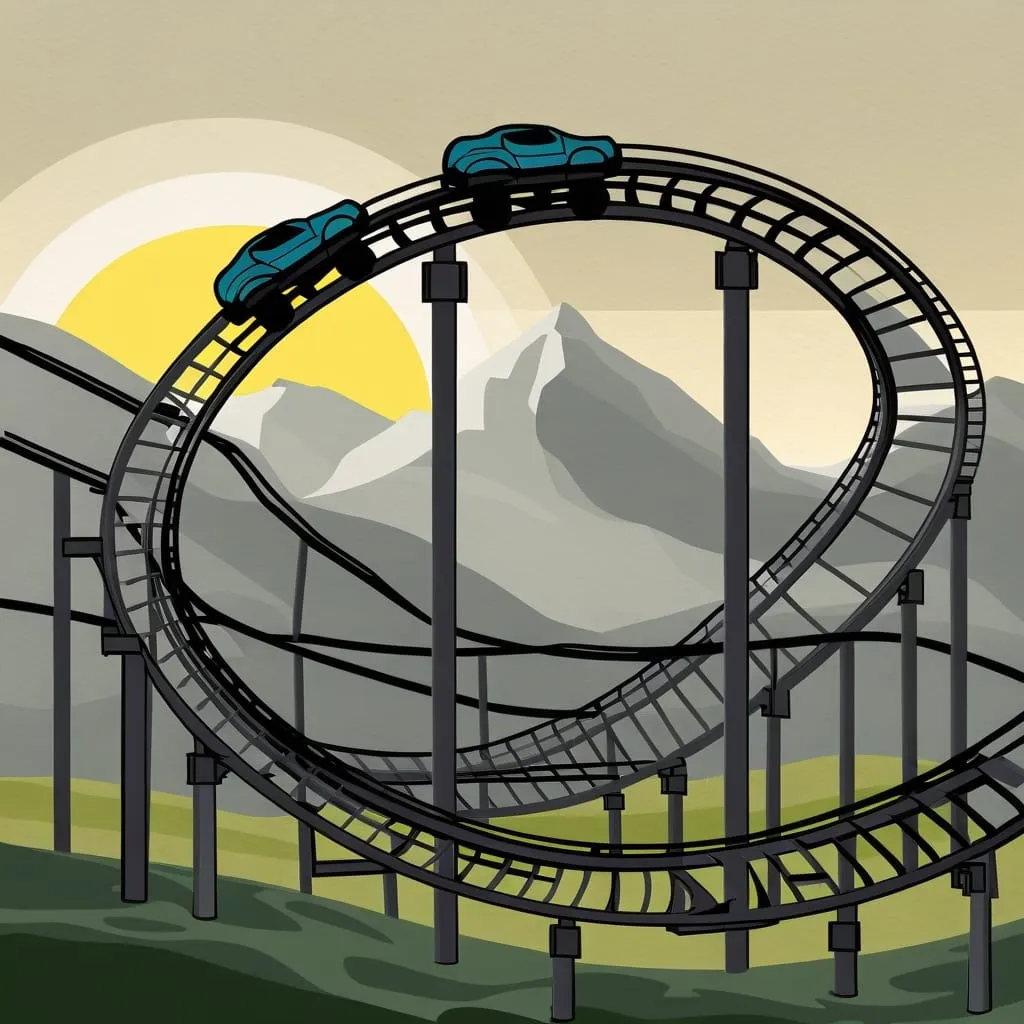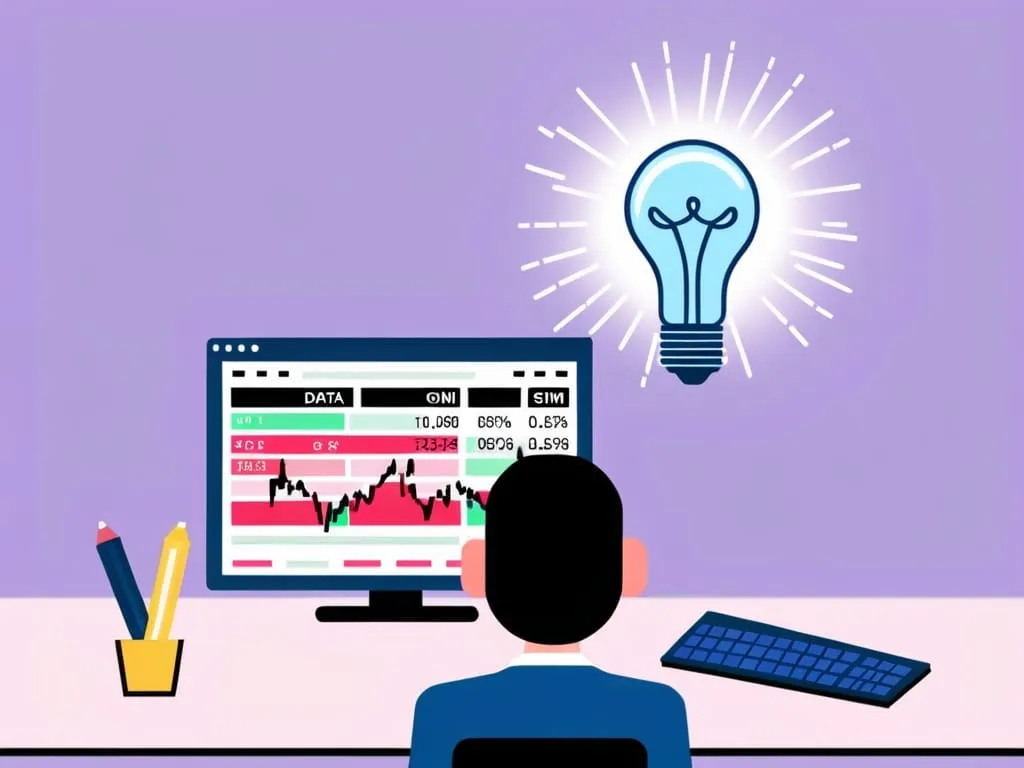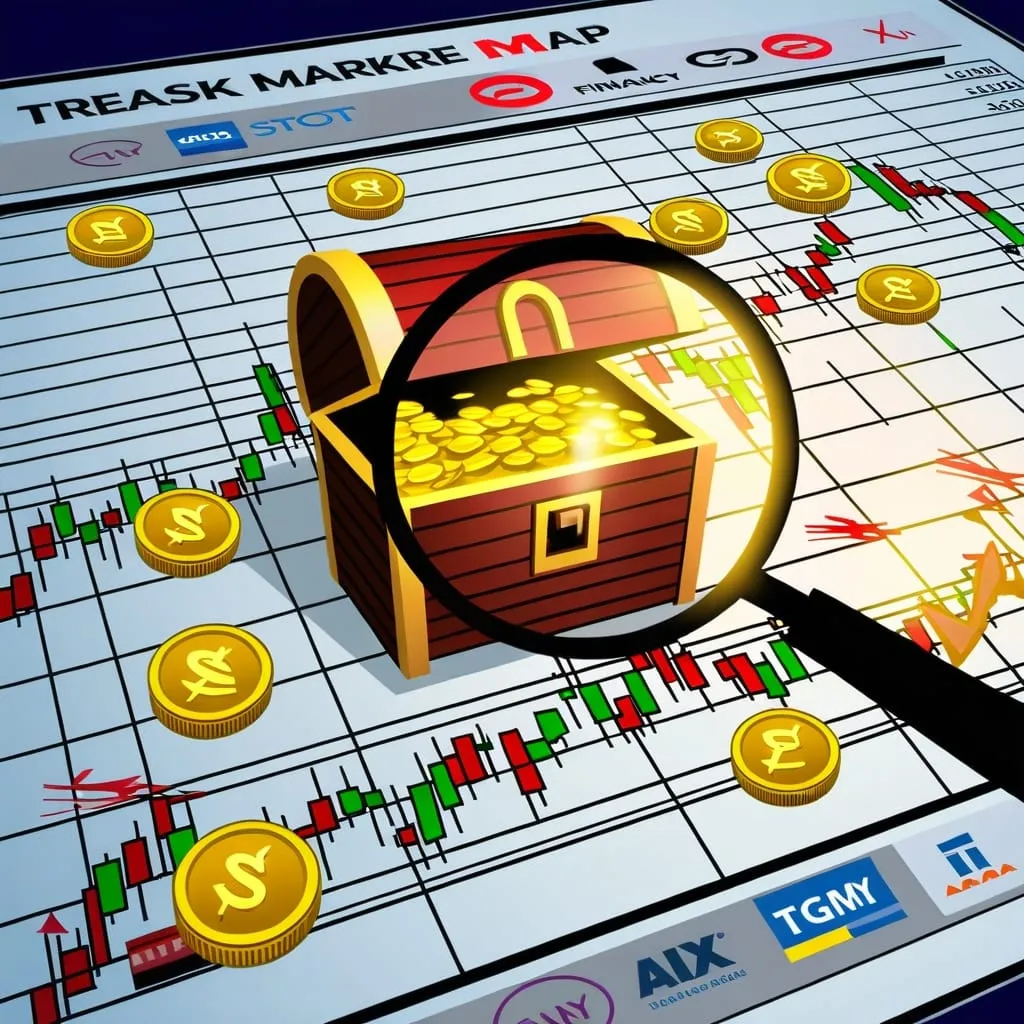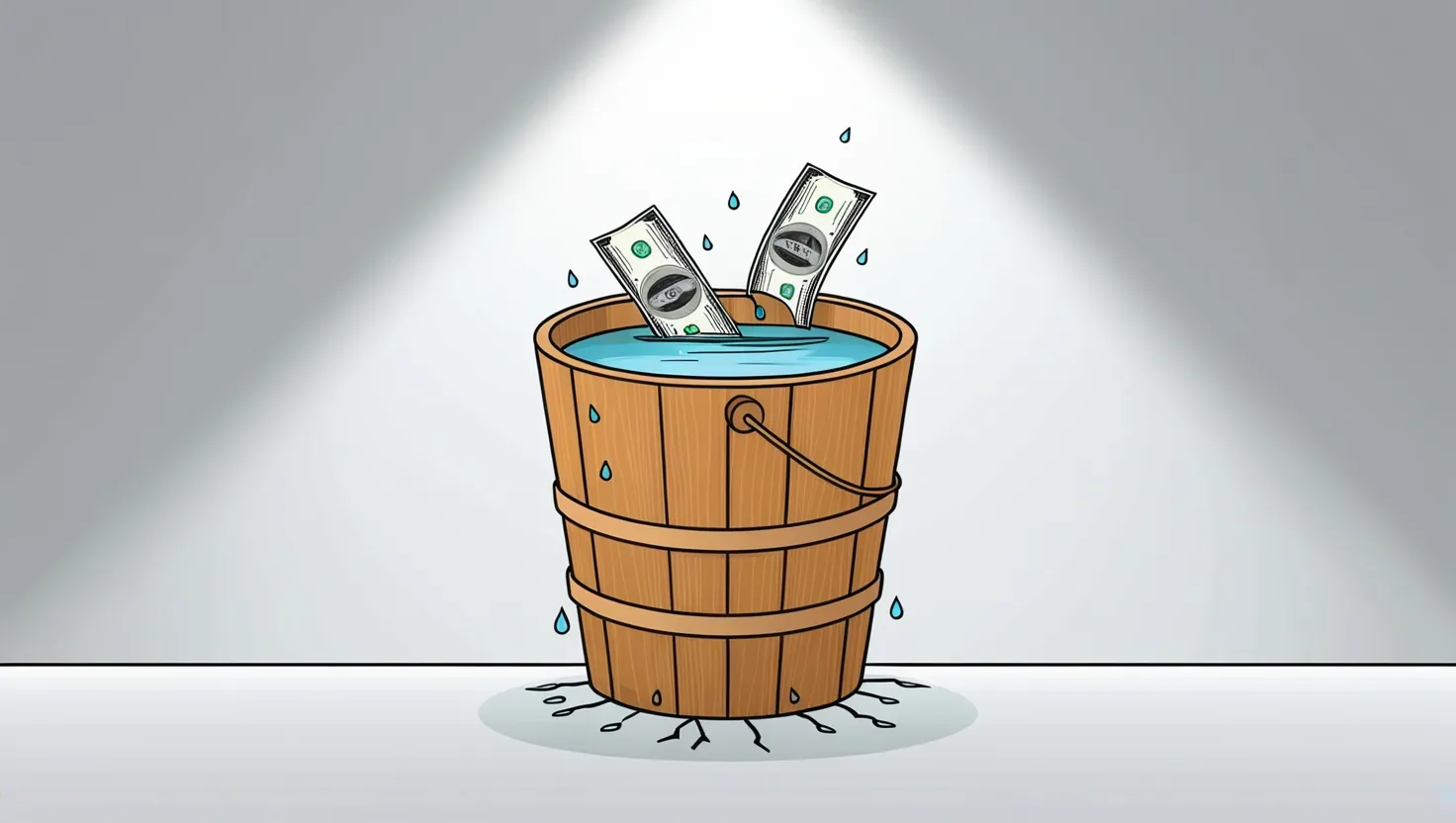Navigating the Financial Rollercoaster: Why Staying the Course is Your Best Bet
The stock market can feel like a wild ride sometimes. One day you're up, the next you're down, and it's enough to make even the most seasoned investor feel a bit queasy. But here's the thing - if you want to build real wealth over time, you've got to learn to stay in your seat, even when the ride gets bumpy.
Let's face it, market volatility is just part of the game. It's like those unexpected twists and turns on a rollercoaster - they might catch you off guard, but they're what make the ride exciting. The key is to not let those stomach-dropping moments scare you into jumping off halfway through.
Think about it this way: the stock market is kind of like a moody teenager. It has its ups and downs, but over time, it tends to grow and mature. Just look at the numbers. Historically, the market has always bounced back from even the worst downturns. It might take a while, but patience pays off.
Now, I know what you're thinking. "But what if this time is different? What if the market crashes and never recovers?" Trust me, I get it. Those thoughts can keep you up at night. But here's the thing - trying to time the market is like trying to predict what your cat is thinking. It's pretty much impossible, and you'll probably end up scratching your head (or getting scratched).
Instead of trying to outsmart the market, focus on what you can control. Set clear financial goals for yourself. Maybe you're saving for retirement, or dreaming of buying a house. Whatever it is, keep your eyes on the prize. When you have a clear destination in mind, those bumps in the road won't seem so scary.
Of course, that doesn't mean you should just throw all your money into stocks and hope for the best. Diversification is your friend here. It's like not putting all your eggs in one basket, except instead of eggs, we're talking about your hard-earned cash. Spread your investments across different types of assets - stocks, bonds, maybe even some real estate or commodities. This way, if one area of the market takes a hit, you're not left with all your eggs smashed on the floor.
Now, let's talk about something that trips up a lot of investors: emotions. When the market takes a nosedive, it's natural to feel a bit panicky. Your heart starts racing, your palms get sweaty, and suddenly selling everything seems like a great idea. But here's the brutal truth: emotions and investing mix about as well as oil and water.
Making decisions based on fear or panic is a surefire way to buy high and sell low - exactly the opposite of what you want to do. Instead, take a deep breath. Step away from your computer. Maybe go for a walk or call a friend. Do whatever you need to do to calm down before making any big decisions.
Remember, market downturns are like bad weather - they're temporary. The sun will come out again. And just like you wouldn't sell your house because of a rainy day, you shouldn't bail on your investments because of a market dip.
One strategy that can help you stay on track is rebalancing your portfolio. It's like giving your investments a tune-up. Over time, some of your investments might grow faster than others, throwing your original mix out of whack. Rebalancing means adjusting things back to your target allocation. It's a great way to make sure you're not taking on more risk than you're comfortable with.
If all this sounds a bit overwhelming, don't worry. You don't have to go it alone. A good financial advisor can be like a coach, helping you create a game plan and stick to it when things get tough. They can offer a voice of reason when the market's mood swings are making you dizzy.
While you're riding out the market's ups and downs, don't forget about the basics. Keep a budget, build up an emergency fund, and pay down debt. These things might not be as exciting as watching your stocks soar, but they're the foundation of a solid financial life. Plus, knowing you have a safety net can make it easier to weather market storms.
Here's another pro tip: keep investing, even when the market's looking gloomy. It might seem counterintuitive, but buying when prices are down can be a smart move. It's like shopping the sales - you get more bang for your buck. This strategy, called dollar-cost averaging, can help smooth out the impact of market volatility over time.
Now, I know it's tempting to constantly check your investment accounts, especially when the market's going crazy. But trust me, that's a recipe for stress. It's like weighing yourself multiple times a day when you're trying to lose weight - those small fluctuations don't mean much in the grand scheme of things. Try to limit how often you check your accounts. Maybe once a month, or even once a quarter. Your blood pressure will thank you.
It's also important to keep things in perspective. Sure, a 500-point drop in the Dow might make headlines, but what does it really mean for your long-term goals? Probably not as much as you think. The stock market has seen plenty of big drops over the years, but it's always recovered and gone on to reach new highs.
Think about it this way: investing is more like a marathon than a sprint. It's not about how fast you can go, but how long you can keep going. There will be hills and valleys along the way, but if you keep putting one foot in front of the other, you'll eventually reach the finish line.
And here's a little secret: some of the biggest gains in the market often come right after the biggest drops. If you panic and sell when things look bad, you might miss out on the recovery. It's like leaving the party just before the cake comes out - you'll miss the best part!
So, what's the bottom line here? Staying the course during market volatility isn't just a good strategy - it's essential for long-term financial success. It's about having the discipline to stick to your plan, even when your emotions are screaming at you to do otherwise.
Remember, every successful investor has had to weather some storms. Warren Buffett, one of the most successful investors of all time, didn't get rich by panicking every time the market dipped. He understood that patience and perseverance are the keys to building wealth.
So the next time the market takes a dive and your stomach starts doing somersaults, take a deep breath. Remember why you started investing in the first place. Think about your long-term goals. And most importantly, stay in your seat. The ride might be bumpy, but if you can hold on, the view from the top will be worth it.
In the end, staying the course isn't just about making money. It's about building the financial future you want. It's about having the peace of mind that comes from knowing you're on the right track, even when the path gets rocky. So buckle up, keep your eyes on the horizon, and enjoy the ride. Your future self will thank you for it.






